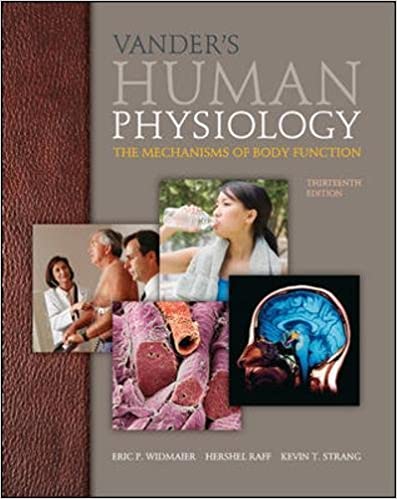Fall
BEN 400/600 – Biomanufacturing
Biomanufacturing introduces the students to a plethora of manufacturing technologies that have been applied to process biomaterials in order to engineer heterogeneous tissue models, medical therpeutic products and in vitro drug-testing platforms. The class consists of lectures on various manufacturing processes, such as casting, molding, machining, soft-/photo-lithography, microfluidics, stereolithography, electrospinning, and laster-/light-photocrosslinking. The goal of this course is to demonstrate how various manufacturing technologies have been adapted/modified to develop constructs for biomedical engineering. Successful completion of the course will provide the student with the benefits, limitations, and applications of different biomanufacturing strategies.
Spring
BEN 364/664 – Quantitative Physiology
Quantitative Physiology introduces the students to mammalian physiology from an engineering perspective. Each of the major systems of the body is addressed, with an emphasis on electrical, mechanical, and thermodynamic principles. Mass transfer, energy balance, and electrical and chemical signaling are examined and modeled analytically at the scale of the cell, tissue, and organ systems. The laboratories introduce the students to data acquisition techniques, such as the software Labview, and give the students experience in dissection. The course consists of a twice-weekly lecture and five laboratories throughout the term. Concluding each lecture is an example of current research or real world biomedical engineering applications from academia and industry, using engineering principles outlined that day. Quantitative Physiology is not intended as an MCAT-preparatory physiology series, but rather to give biomedical engineers grounding in physiology and in how it may be analyzed or modeled. The course should also give the students a survey of how these techniques are used in modern biomedical technology applications.

